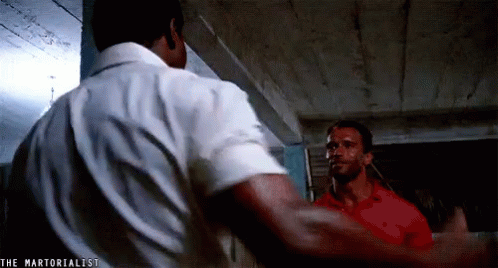WaynesWorld19
Moderator
- Thread starter
- Moderator
- #1,476
All trueThe indie movie scene is still thriving and there are plenty of successful "creative" films released every year, despite streaming.
In fact if you look back at 2005, before streaming, the top grossing films were:
Harry Potter
Star Wars
Narnia
War of the Worlds
King Kong
Madagascar
Mr & Mrs Smith
Charlie and the Chocolate Factory
Batman Begins
Hitch
Is that really all that different to today? That list has two of the largest film franchises ever, four other films based on hugely popular books/characters, a superhero film and an animated film.
In 2002 we had:
Lord of the Rings
Harry Potter
Spider-Man
Star Wars
Men in Black
James Bond
Signs
Ice Age
My Big Fat Greek Wedding
Minority Report
Again looks very similar to me.
I think it's more popular movie tastes dictating what is made rather than creative films instead being made as streaming TV shows. Sure, there are lots of excellent, unique shows being bankrolled by Netflix and others that would never have been made in the mid-2000s, but what's popular at the box office hasn't changed and there is still plenty of room for great movies.
So I don't see any reason to think why streaming services have led to a decline in the quality of films being made, or box office ticket sales







